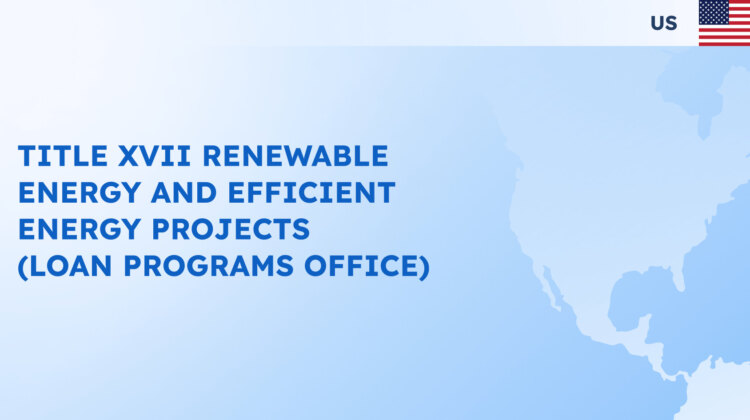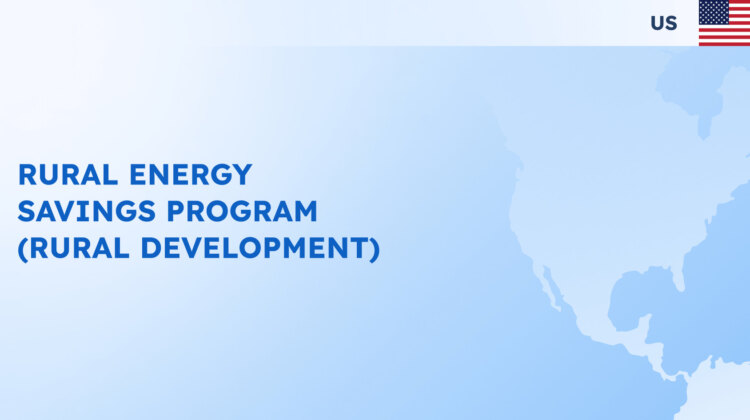The Community Facilities Direct Loan and Grant Program, overseen by Rural Development, offers a pivotal incentive that fosters the creation of essential community facilities in rural areas. These facilities provide vital services to local communities primarily residing in rural regions, excluding private or commercial activities. This program plays a transformative role in infrastructure development, supporting the purchase, construction, and enhancement of crucial community facilities, including diverse electric vehicle (EV) infrastructure. By facilitating the establishment of EV charging networks, this initiative contributes to both rural community empowerment and sustainable transportation growth.
Funding Details
- Fiscal Year Range: Ongoing
- Funding Coverage: The program extends financial support for the development of essential community facilities, including various EV infrastructure projects.
- Eligible Activities: Funds can be allocated for a range of EV-related endeavors, encompassing the purchase and construction of EV/LDV charging infrastructure, financing the advancement of municipal infrastructure for battery electric buses (BEBs) and electric school buses (ESBs), as well as vehicle acquisition specifically aimed at supporting essential community facilities predominantly serving rural populations.
- Grant Match Requirement: The program offers assistance on a graduated scale, with the Federal share of net capital project costs varying from 75 percent to 15 percent. Communities with lower median household incomes receive a higher proportion of grant funds. Loan and grant combinations are also eligible.
Eligibility Criteria
Eligible applicants include federally recognized Tribes, public bodies, community-based localities, and nonprofits, all of which play crucial roles in advancing essential community facilities and sustainable transportation infrastructure. To be eligible, applicants must possess legal borrowing authority, lack resources for self-financing or affordable commercial credit, and the proposed facilities should serve rural areas with significant community backing. A completed or acceptable environmental review is also required for project approval.
Application Process
The program welcomes applications all year round, reflecting its commitment to support rural community development consistently. Aspiring applicants can access detailed guidelines and assistance through the Rural Development platform. Generally, the process is as follows:
- Contact your local office to discuss your specific project
- Request a Unique Entity ID number if your organization doesn’t already have one. It should not take more than a few business days to get your number.
- Register your organization with the System for Award Management (SAM) if you aren’t already registered. Registration is free, but you need to complete several steps.
Key Benefits and Opportunities
- Vital Infrastructure Advancement: The program’s support for essential community facilities, including EV infrastructure, enhances rural areas by providing access to sustainable and modern transportation solutions.
- Sustainable Mobility: The establishment of EV charging networks contributes to the growth of sustainable transportation options, reducing the carbon footprint of rural communities.
- Empowering Communities: By facilitating access to EV infrastructure and essential services, the program empowers rural populations, promoting accessibility and growth.
- Flexible Funding: The program’s graduated scale of assistance ensures that varying community needs are met, encouraging an inclusive approach to infrastructure development.
Additional Resources
For comprehensive program guidelines, application details, and support, interested parties can contact their local RD office.






